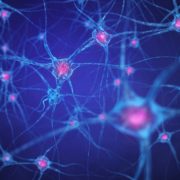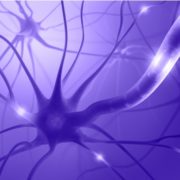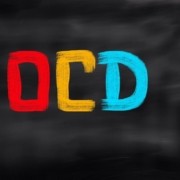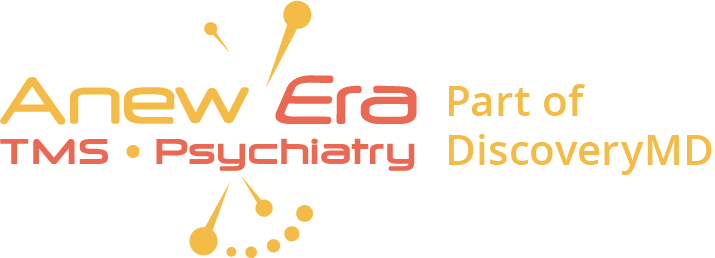Does TMS Really Work for Depression
Does TMS Really Work for Depression
As consumers most of us want some kind of assurance that a product, service, or medical treatment they are considering has value. We look up reviews and rifle through comments to size up whether a particular purchase is warranted. When it comes to our physical and mental health, the stakes are that much higher. Why fork over our hard earned money for something that has not demonstrated results?
People who suffer from depression—not the typical case of the blues, but persistent, relentless dark mood and all that comes with it—will sometimes trial 3 or 4 different kinds of antidepressants and still not achieve relief from symptoms. In these cases of treatment-resistant depression, transcranial magnetic stimulation (TMS) offers an alternative to antidepressants, and new hope.
So, does TMS really work for depression? What do the TMS reviews say? The patient comments? More importantly, what do the clinical studies of TMS reveal? Is TMS a treatment worth trusting and investing in?
What is TMS?
Transcranial Magnetic Stimulation (TMS) is a brain stimulation therapy that is non-invasive, safe, and does not require sedation. The technology resembles that of an MRI, using magnetic fields that are delivered through a coil placed over the scalp and targeted to the prefrontal cortex of the brain. Electromagnetic currents then stimulate the underactive nerve cells often found in depression patients, and over a period of weeks can reset or rebalance brain chemistry.
Sessions last about 40 minutes, with patients receiving five TMS treatments each week for 4-6 weeks. Most patients begin to notice improvements after the end of the second week, or the tenth treatment session. They initially notice better sleep quality, and as the treatments progress begin to see improvements in concentration, energy levels, and overall mood.
TMS was FDA cleared in 2008 to treat major depressive disorder that is non-responsive to multiple trials of antidepressants. In Europe, TMS is used to treat a variety of medical or mental health conditions in addition to depression, such as Anxiety, Parkinson’s disease, Alzheimer’s, bipolar disorder, multiple sclerosis, smoking cessation, and PTSD.
Does TMS Really Work for Depression?
When doing your due diligence to determine if TMS Therapy is effective, you will find an abundance of patient testimonials and reviews describing how TMS was a game-changer for them. Even more convincing are the many completed clinical studies, showing solid evidence of significant response and remission rates when used to treat major depressive disorder. These patient testimonials and trial results continue to demonstrate that TMS really works for depression.
For example, one recent clinical trial, conducted at Brown University, collected data on 257 study participants during the TMS treatment study period and then one year later. The results were compelling, showing a 68% response rate and a 48% remission rate at one year. Study investigator, Linda L. Carpenter, M.D., stated, “This is an exciting time for psychiatrists and patients, who have a new treatment option to pursue.”
What are the Risks of TMS?
TMS differs from other neuro-modulation treatments, such as electroconvulsive therapy, in that it does not require the patient to be sedated, virtually eliminating a host of potential risks associated with general anesthesia. TMS is generally well tolerated and does not necessitate any down time following the therapy sessions. Patients are fully alert during the treatment and can resume normal daily activities immediately following.
Those that did experience adverse effects from TMS found them to be transient, resolving on their own as the treatments progressed. Those negative effects included irritation on the scalp at the point of delivery, and mild to moderate headache.
Anew Era TMS & Psychiatry is a Premier Provider of TMS Therapy for Depression
Located near Los Angeles and Orange County, California, Anew Era TMS & Psychiatry offers expertise and results in treating depression with TMS therapy. With a team of compassionate doctors, highly trained technicians, and friendly office staff, Anew Era TMS & Psychiatry aims to provide the most cutting edge depression treatment within a tranquil, therapeutic environment. So, when you ask, “Does TMS really work for depression?, our patients would answer an emphatic, “yes!” For more information about this exciting treatment contact Anew Era TMS & Psychiatry today at (888) 503-1549.










